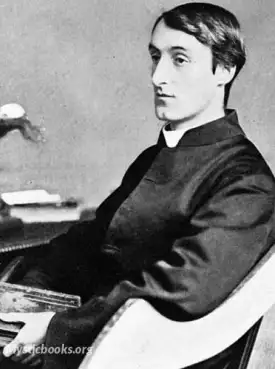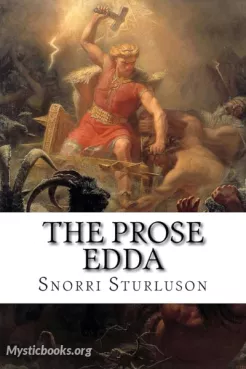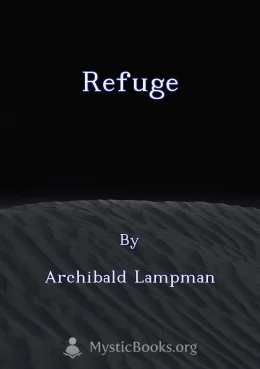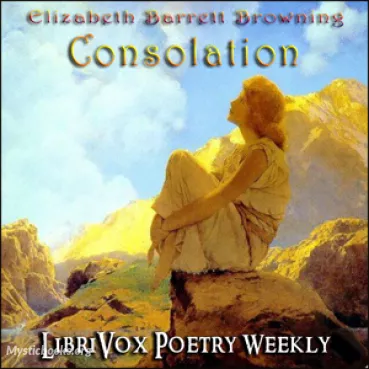
Pied Beauty
'Pied Beauty' Summary
Gerard Manley Hopkins's poem Pied Beauty is a celebration of the beauty of the natural world. The poem is a catalog of the many different ways in which beauty is manifested in nature, from the "brinded cow" to the "fresh-firecoal chestnut-falls."
Hopkins begins the poem by praising God for the "pied beauty" of the world around him. He uses the word "pied" to describe the many different colors and patterns that can be found in nature. He then goes on to list a variety of examples of this beauty, including:
- The dappled clouds in the sky
- The trout with their rose-colored skin and black spots
- The fallen chestnuts with their reddish-brown nuts
- The goldfinch's wings
- The patchwork landscape of fields and forests
- The "trades" of men and women, which Hopkins sees as a kind of collective beauty
Hopkins's poem is a feast for the senses. He uses vivid imagery and alliteration to create a sense of wonder and awe at the beauty of the world around us. For example, he describes the "brinded cow" as having "sweet-fleshing fold / Thick like the curded milk-flake, tender, cool, / Just-strained, over-lapping its ambient pool" (lines 5-7). The alliteration in the phrase "sweet-fleshing fold / Thick like the curded milk-flake" creates a sense of the cow's soft, smooth skin. The image of the "ambient pool" suggests the cow's own milk, which is another source of beauty.
Hopkins also uses his unique poetic voice to explore the relationship between beauty and God. He sees beauty as a manifestation of God's love and creativity. In the final lines of the poem, he writes:
Glory be to God for dappled things—
For skies of couple-colour as a brinded cow;
For rose-moles all in stipple upon trout that swim;
Fresh-firecoal chestnut-falls; finches' wings;
Landscape plotted and pieced—fold, fallow, and plough;
And all trades, their gear and tackle and trim.
All things counter, original, spare, strange;
Whatever is fickle, freckled (who knows how?)
With swift, slow; sweet, sour; adazzle, dim;
He fathers-forth whose beauty is past change:
Praise him.
Hopkins's use of the word "fathers-forth" in the final line suggests that God is the source of all beauty. He is the one who creates and sustains the beauty of the natural world.
Pied Beauty is a reminder that beauty can be found in all things, even in the most humble and ordinary. It is a poem that will stay with you long after you have finished reading it. It is a poem that will help you to see the beauty of the world around you with new eyes.
Book Details
Authors

Gerard Manley Hopkins
United Kingdom
Gerard Manley Hopkins was an English poet and Jesuit priest, whose posthumous fame placed him among the leading Victorian poets. His manipulation of prosody – parti...
Books by Gerard Manley HopkinsDownload eBooks
Listen/Download Audiobook
- Select Speed
Related books

Wilderness by Carl Sandburg
This fortnightly prose poem is guaranteed to locate the aboriginal poet in you! Come one come all.

Joy by Clarissa Scott Delany
It is a celebration of the power of joy and the ways in which it can transform our lives. Written in the early 20th century, "Joy" is a powerful refl...

Uphill by Christina Rossetti
Christina Rossetti's "Uphill" is a poignant poem that explores the themes of life's journey, faith, and the pursuit of salvation. Using vivid imagery...

She Comes Not by Herbert Trench
“She Comes Not” is a collection of poems by Frederic Herbert Trench, an Irish poet known for his lyrical style and melancholic themes. The poems explo...

Where She Told Her Love by John Clare
This collection of poetry by John Clare delves into the intricacies of human emotion, specifically love, set against the backdrop of the English count...

The Prose Edda by Snorri Sturleson
Step into the realm of Norse mythology, where gods and goddesses clash, heroes embark on epic quests, and the forces of creation and destruction colli...

Refuge by Archibald Lampman
Archibald Lampman's "Refuge" is a collection of poems that explores the complexities of the human condition through the lens of nature. Lampman, known...

Vagabond by Robert Louis Stevenson
The Vagabond is a classic poem by Robert Louis Stevenson that captures the allure of wandering and the spirit of adventure. Through its lyrical verses...

Consolation by Elizabeth Barrett Browning
In the wake of a devastating loss, a woman finds solace in the beauty of nature and the power of love. Consolation is a collection of poems by Elizab...

Old Man and the Ass by Jean de La Fontaine
The Old Man and the Ass is one of Jean de La Fontaine's most famous fables. It tells the story of an old man who finds a donkey and decides to ride it...
Reviews for Pied Beauty
No reviews posted or approved, yet...